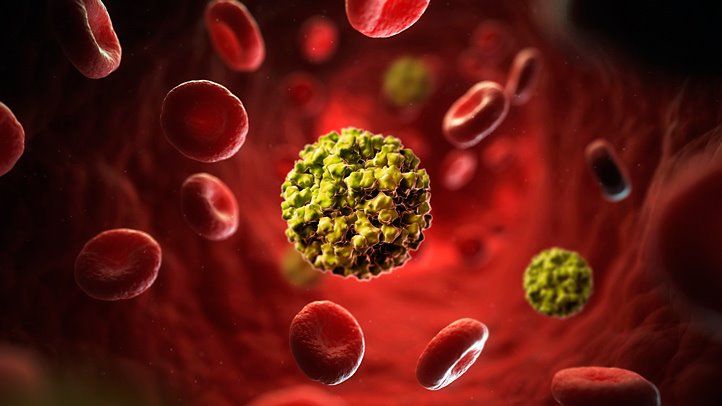Signs and symptoms of COVID-19COVID-19 \ ˈkō-vid-nīn-ˈtēn : a mild to severe respiratory illness that is caused by a coronavirus (Severe acute respiratory syndrome coronavirus 2 of the genus Betacoronavirus), is transmitted chiefly by contact with infectious material (such as respiratory droplets), and is characterized especially by fever, cough, and shortness of breath and may progress to pneumonia and respiratory failure. may appear two to 14 days after exposure and can include:
- Fever
- Dry cough
- Shortness of breath or difficulty breathing
On some credible sites, symptoms have been conflicting including
- Wet cough
- Runny nose
- Body aches
The severity of COVID-19 symptoms can range from very mild to severe. People who are older or have existing medical conditions, such as heart diseaseheart disease : an abnormal condition of the heart or of the heart and circulation (such as coronary heart disease, arrhythmia, or heart-valve defect), may be at higher risk of serious illness. COVID-19 can occasionally cause more severe symptoms like high fever, severe cough, and shortness of breath, which often indicates pneumonia. This is similar to what is seen with other respiratory illnesses, such as influenzainfluenza in·flu·en·za | \ ˌin-(ˌ)flü-ˈen-zə : an acute, highly contagious, respiratory disease caused by any of three orthomyxoviruses: (1) or influenza A : moderate to severe influenza that in humans is marked especially by sudden onset, fever, sore throat, fatigue, muscle aches, inflammation of the respiratory mucous membranes, and cough, that has numerous variants caused by subtypes (such as H1N1, H2N2, or H3N2) of an orthomyxovirus (species Influenza A virus of the genus Influenzavirus A) infecting humans and various animals (such as birds or pigs), and that may occur in .... Clearly having a cold, pneumonia or other conditions like congestive heart failurecongestive heart failure : heart failure in which the heart is unable to maintain an adequate circulation of blood in the bodily tissues or to pump out the venous blood returned to it by the veins or pulmonary edemapulmonary edema : abnormal accumulation of fluid in the lungs may increase your risk of the severest of symptoms.


No comments yet. Be the first one to leave a thought.